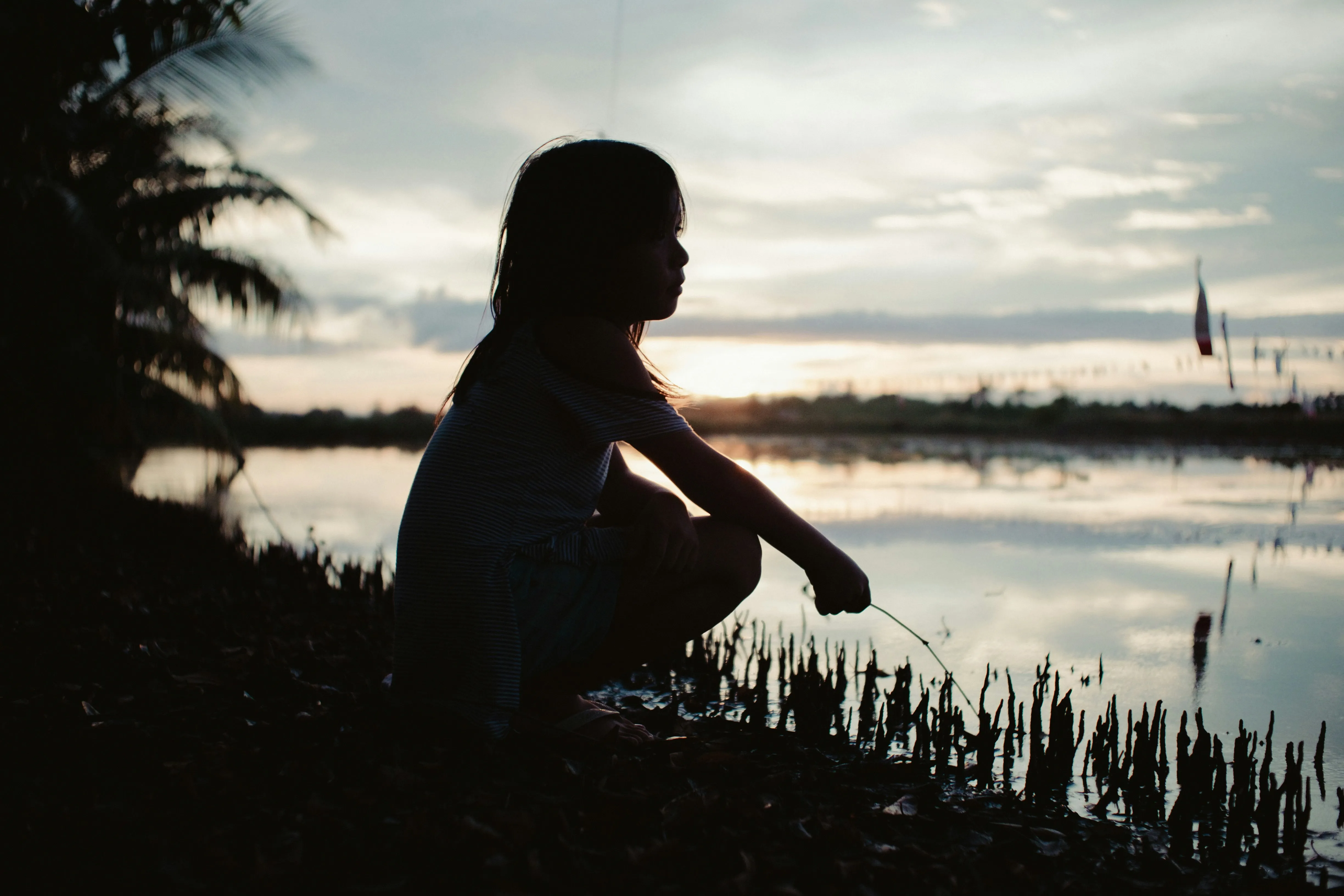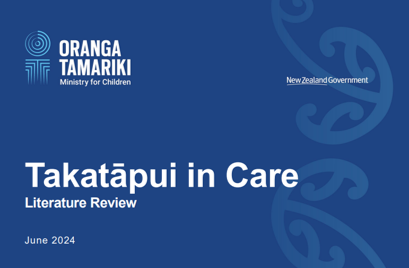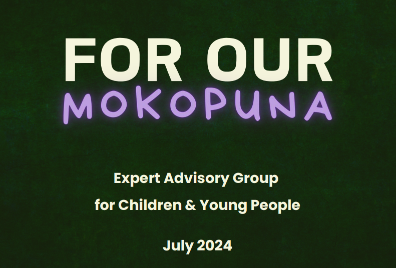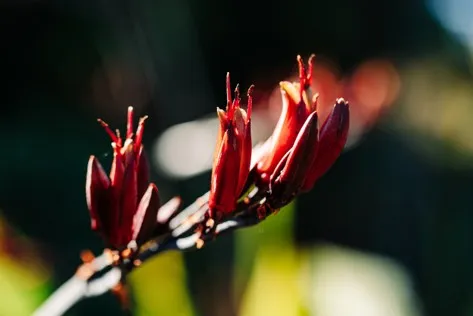Redress System for Abuse in Care Bill open for submissions, abuse in care reports & updates
5
November
2025


Redress System for Abuse in Care Bill open for submissions
Public submissions are now being called for the Redress System for Abuse in Care Bill.
The bill creates a legal framework for the provision of redress to survivors of abuse in State care. It progresses legislative changes required by decisions the Government has made when responding to redress recommendations of the Royal Commission of Inquiry into Historical Abuse in State Care and in the Care of Faith-based Institutions.
The bill is also intended to:
- establish the legal presumption that serious violent and sexual offenders are not eligible for financial redress under a redress scheme
- set out the process by which serious violent and sexual offenders can apply for eligibility for financial redress
- establish offences (and penalties) for failing to disclose criminal convictions that would make an applicant ineligible for financial redress under a redress scheme; and
- set out the circumstances in which an apology given by or on behalf of a person to a survivor of abuse in care is not relevant or admissible in court.
In a Beehive press release, Lead Co-ordination Minister for the Crown Response, Erica Stanford said:
“This approach, based on the Australian model, does not automatically exclude any survivor from receiving financial redress. However, it does require that the independent decision maker satisfy themselves that making such a payment would not bring the scheme into disrepute.”
In its 2021 interim report, He Purapura Ora, he Māra Tipu, the Abuse in Care Royal Commission of Inquiry recommended against imitating an exclusionary model for redress as Australia (and Scotland) have done:
“However, we consider there should continue to be no exclusion for serious offenders or any extra criteria for them to meet. A large number of those in prison have been in care and the tūkino they suffered may have contributed to their offending. Most are Māori, and they and their whānau are likely to be among those most in need of help through the scheme.” (p. 280)
As detailed by Newsroom, a submission from lawyer Sonja Cooper opposes the bill, highlighting increased administrative burden, additional pressure on the courts, and the issues of double jeopardy and retroactivity:
“Justice must be inclusive. The abuse suffered by children and vulnerable adults in ‘care’ does not lose its significance because of what those individuals may do later in life. To exclude serious offenders from redress is to deny the reality of trauma, perpetuate systemic injustice, and undermine the very purpose of this redress scheme.”
Submissions are due 26 November 2025.
More information on how to submit, and the submission portal, can be found on the Parliament website.
Oranga Tamariki annual report shows children continue to be harmed in State care
An appendix to Oranga Tamariki’s 2024/25 annual report, Safety of Children in Care, provides a picture of harm against children in State care between 1 April 2024 and 31 March 2025.
As of 31 March 2024, there were 4,025 children and young people in care and protection custody and 164 in youth justice custody, a total of 4,189 children in care.
During this reporting period, 530 children experienced harm. This represents an increase of 23 children compared to the previous 12-month period.
This year, there has been a 4% increase in recorded findings of harm for children in care (896 findings). A finding refers to case file analysis of a report of concern that has led to an assessment or investigation and a finding of harm. Findings of physical harm had decreased since the previous year, while emotional abuse, sexual abuse, and neglect findings had increased.
In this reporting period, 10% of all children in care had a recorded finding of abuse.
In a joint response to the report, Aroturuki Tamariki | Independent Children’s Monitor Chief Executive Arran Jones and Mana Mokopuna | Children’s Commissioner Dr Claire Achmad called for continued focus on the safety of children in State care. While they welcomed a small reduction in the recorded instances of harm in secure residences, they noted that the numbers were largely the same (115 young people compared to 118 the previous year).
“All children and young people, including those in the care of the State, have the right to live free from all forms of harm and violence. We must pay attention to the fact that 10 percent of all children in State care were abused or neglected over the last 12 months. While the reduction in physical harm, and in some types of care, is encouraging and shows that making progress is possible, there continues to be a disproportionate level of abuse occurring in return home care and in secure residences,” Dr Achmad said.
Their statement notes that despite the reported level of repeated harm for children and young people in residences decreasing, much more work is needed to make care and protection and youth justice residences safe spaces:
“Many of the residences we visit are not safe therapeutic places for children and young people. Young people tell us they ask to go into secure units to keep themselves safe from harm by other young people. We hear from staff who tell us they don’t have the training, time or spaces to take a more therapeutic approach to managing behaviour,” Mr Jones said.
In October 2025, RNZ published data obtained under the Official Information Act, which showed that between August 18, 2024 and August 18, 2025 there were 254 instances where a young person was held in secure care for more than three consecutive days.
State of Care 2025 report released
VOYCE – Whakarongo Mai have released their inaugural biennial state of care report - Kei te rongo koe? Are you listening? Co-written by VOYCE and care experienced advocates Ihorangi Reweti Peters and Lisa McLaren, it highlights there is still significant room for improvement in the care system.
“This is the state of care according to young people, but it was obvious we didn’t need to ask them to retell their stories in care, and it was important that we didn’t because retelling them is so painful. Those stories were already out there for the world to see and they should have been properly heard from the beginning” Reweti Peters said in a press release.
Some key findings include:
- Tamariki are still being harmed in care, with over 500 children hurt in state custody last year alone
- Some rangatahi are living in cars, garages or motels instead of homes
- Over 1,000 young people in care don’t have a social worker
- Many are being turned away from schools, denied mental health care, or left without stable housing after leaving care; and,
- In too many cases, their voices are still not being heard.
The report issues three urgent calls on behalf of all care-experienced rangatahi to those in power:
- Put us ahead of politics – commit to cross-party, long-term care reform that doesn’t change with the government of the day.
- Make us a priority – all agencies, not just Oranga Tamariki, must take responsibility for outcomes for tamariki in care.
- Tell us how you’re going to do better – respond publicly, with specific plans for action, before the next report and scorecard in 2027.
Lisa McLaren said in a press release: “Tamariki in care need to know they belong, that they are loved, and that Aotearoa believes in them.”
Experiences of Care in Aotearoa 2023/2024 report
Aroturuki Tamariki | Independent Children’s Monitor released their report – Experiences of Care in Aotearoa 2023/2024 – in February 2025, which reports annually on whether agencies with care and custody responsibilities are complying with the National Care Standards (NCS) Regulations. It found tamariki and rangatahi are still not receiving the minimum standard of care required by the NCS Regulations.
Other key conclusions include:
- Social workers are not always able to work effectively due to workload and resourcing, a lack of care options, workforce shortages, administrative burdens, and low trust expenditure models
- Tamariki and rangatahi in care are not prioritised for government services and funding does not follow the child, which means funding can be delayed, inconsistent, or reliant on goodwill and established relationships
- More tamariki and rangatahi are being abused in care in the 2023/2024 year, including high levels in secure residences and when children return to their parents’ care
In a press release responding to the report, Save the Children New Zealand's Advocacy Director Jacqui Southey said:
"It is unacceptable that funding cuts are impacting the delivery of care and protection of children in vulnerable situations. Adequate investment is required to ensure our care system is working effectively and cohesively, protecting and improving the lives of children that have already experienced significant harm or neglect. Enduring failures to meet the minimum standards required by the National Care Standard Regulations are not good enough."












